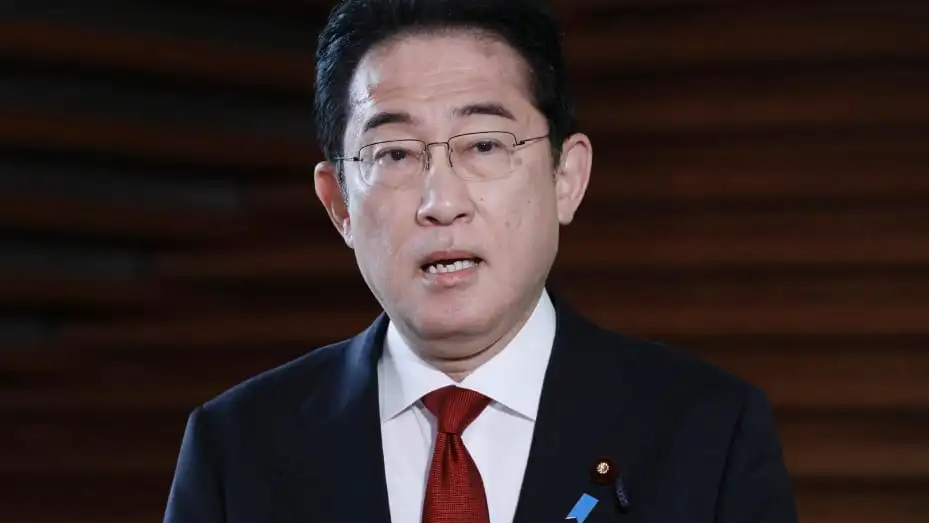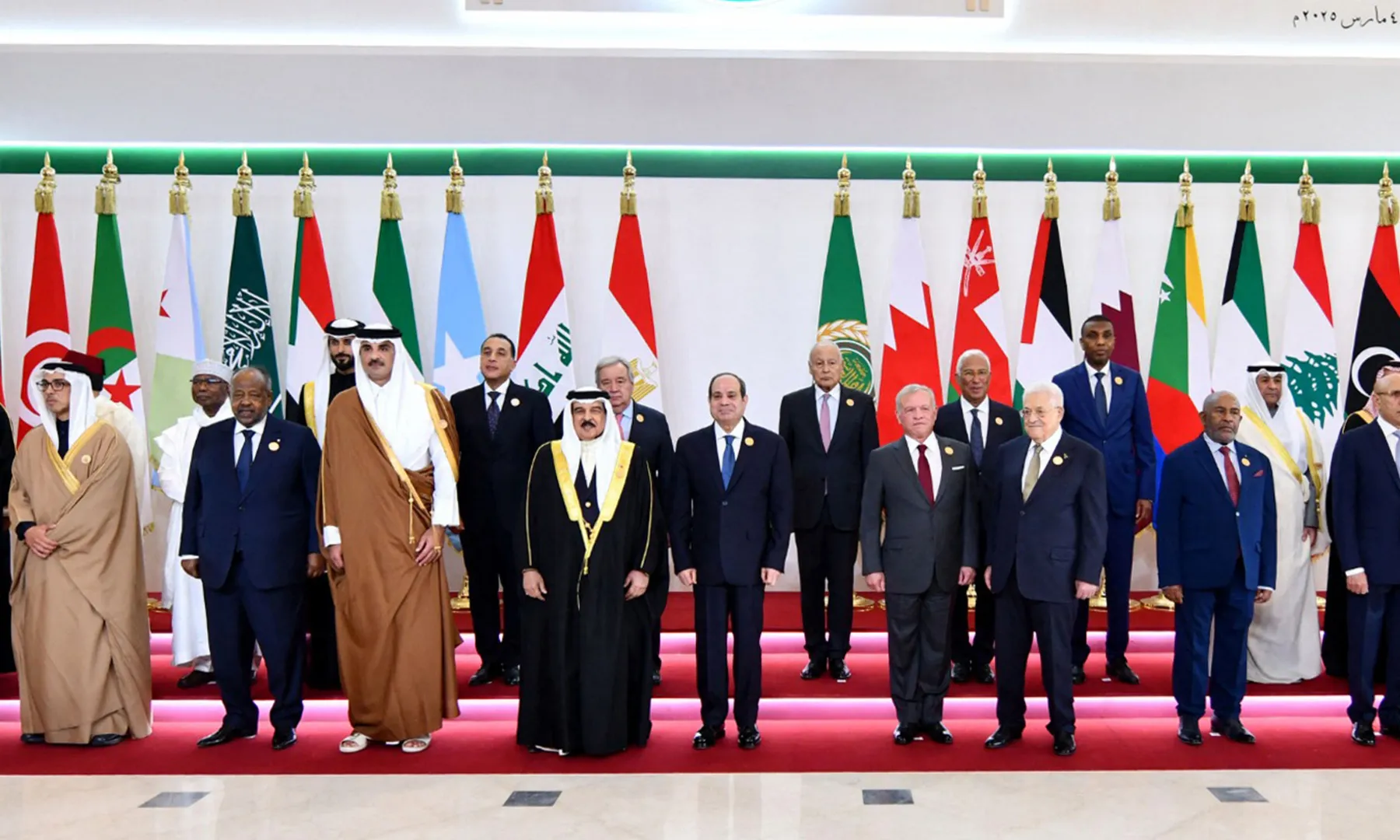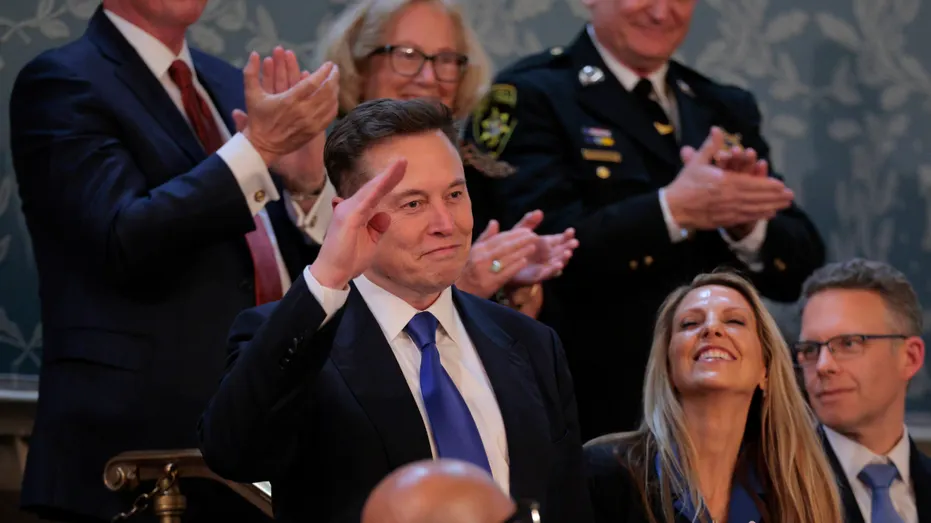In a significant development for Japan, Prime Minister Fumio Kishida officially stepped down in September, marking the end of his tenure as the leader of the world’s fourth-largest economy.
Kishida’s decision to resign and not seek the leadership of the Liberal Democratic Party (LDP) has drawn a wide range of responses from officials, experts, and international leaders, highlighting both the challenges he faced and the relationships he cultivated during his time in office.
Kishida’s Decision to Step Down
Kishida’s resignation, which he announced in a press conference earlier this week, was rooted in his belief that the LDP needed a new face to restore public trust. “It is important for a new leader to take the reins,” Kishida stated, acknowledging the need for fresh leadership to navigate Japan through its current economic and political challenges.
William Pesek, author of Japanization: What the World Can Learn from Japan’s Lost Decades, compared Kishida’s decision to that of U.S. President Joe Biden, who had also faced calls to step aside in favor of a stronger candidate within his party. Pesek suggested that Kishida, like Biden, recognized that he might not be the best representative for his party in upcoming elections, especially given the scandals that had plagued his administration and Japan’s ongoing economic vulnerabilities.
Domestic Reactions
Domestically, Kishida’s resignation has been met with a mix of criticism and praise. Kenta Izumi, leader of the opposition Constitutional Democratic Party of Japan, acknowledged the pressures Kishida faced but emphasized that many of the issues his administration struggled with remain unresolved. “Prime Minister Kishida, you must have been under a lot of pressure,” Izumi remarked, while also vowing that his party would continue to seek solutions to the nation’s challenges.
On the economic front, Kishida’s resignation comes amid growing concerns over Japan’s economic health, particularly in light of recent monetary policy changes. The Bank of Japan (BoJ) raised its benchmark interest rate to “around 0.25%”—its highest level since 2008—citing the need to stabilize the yen, which had been under significant pressure. Market strategist Amir Anvarzadeh of Asymmetric Advisors noted that the yen’s weakness and the BoJ’s policy decisions were key factors that contributed to Kishida’s declining popularity. “He was a dead man walking for a long time,” Anvarzadeh commented, suggesting that economic issues ultimately sealed Kishida’s fate.
International Responses
Internationally, Kishida’s resignation has prompted reflections on his leadership and the relationships he fostered with key allies. U.S. Ambassador to Japan Rahm Emanuel took to social media to express his admiration for Kishida, calling him a “true friend of the United States” and commending his role in strengthening the U.S.-Japan alliance. “Japan and the United States have brought the Alliance into a new stage of relations under Prime Minister Kishida’s unwavering leadership,” Emanuel tweeted, emphasizing the strategic partnerships established in the Indo-Pacific region during Kishida’s tenure.
Australian Prime Minister Anthony Albanese also expressed his gratitude, highlighting Kishida’s contributions to the Australia-Japan relationship. “I honor Prime Minister Fumio Kishida, who I consider a friend,” Albanese said, noting that Kishida’s leadership had been instrumental in deepening ties between the two nations.
In the Middle East, Shihab Alfaheem, the United Arab Emirates ambassador to Japan, praised Kishida for advancing Japan-UAE relations, which he said had made “significant strides” during Kishida’s time in office. Alfaheem expressed his hope for continued progress in bilateral relations, underscoring the positive impact of Kishida’s diplomatic efforts.
As Japan prepares for new leadership, the legacy of Fumio Kishida will likely be defined by both his challenges and achievements. While his tenure was marked by economic difficulties and political scandals, Kishida’s efforts to strengthen Japan’s international alliances and navigate complex domestic issues will be remembered as significant aspects of his leadership.
The selection of a new prime minister will be closely watched, as Japan faces ongoing economic pressures and the need for strong leadership in a rapidly changing global landscape.




